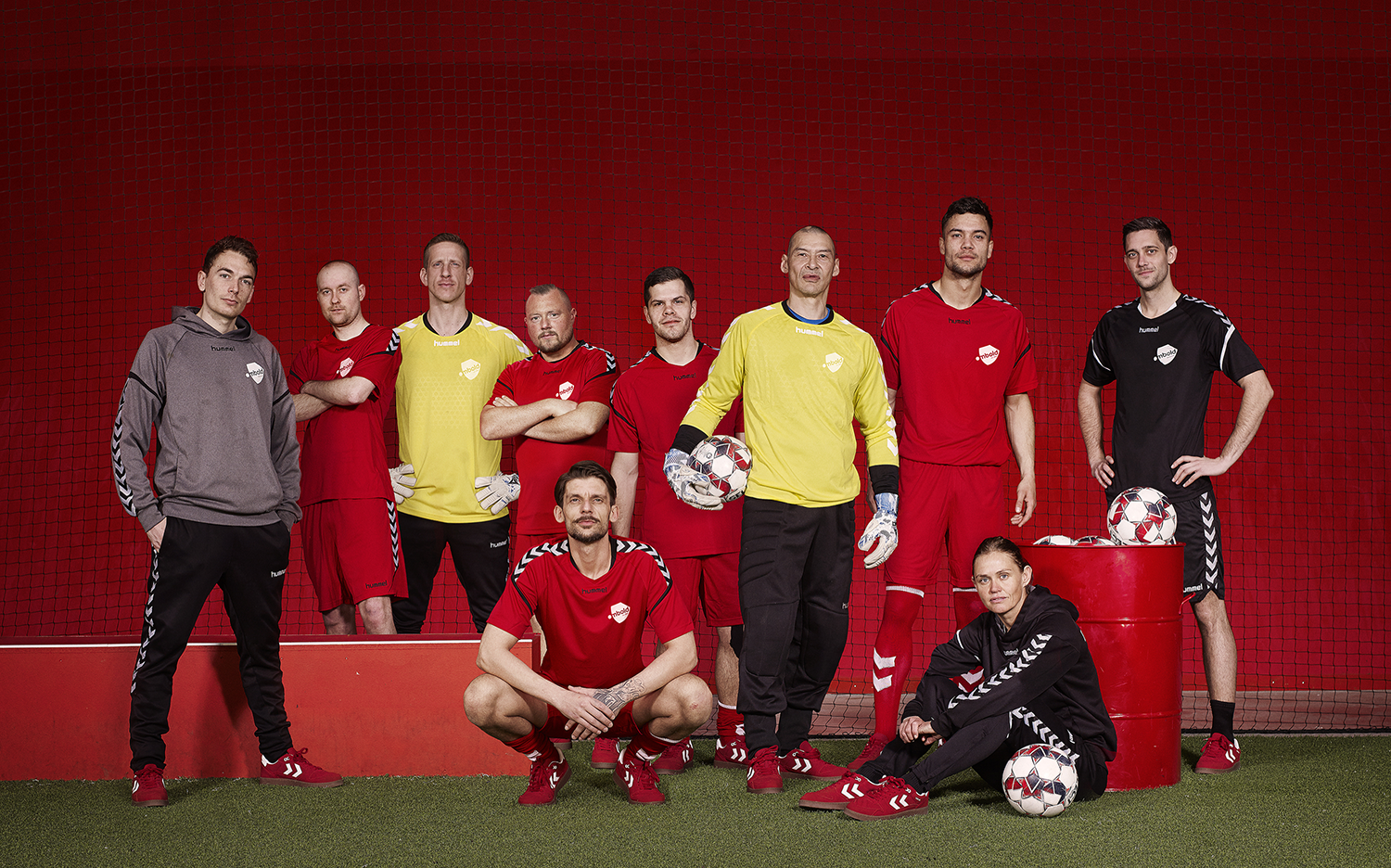
DENMARK
OMBOLD
The Danish National Team is selected and trained by OMBOLD, which was established in 2003. They provide football sessions, organise a variety of tournaments, and run coaches training programmes.
OMBOLD have drop-in sessions in nine cities across Denmark, which means approximately 110 players attend the sessions each week. In each city, OMBOLD work closely with the local community, local shelters, drug treatments centres, and other services. In some locations, the benefits of OMBOLD’s activities have been recognised by the local communities.
Country statistics
10 out of 189 in Human Development Index rating
(UNDP, 2019)
$63,010 Average annual salary per person (World Bank, 2021)
6,431 people were registered homeless in Denmark in 2019 (FEANTSA, 2019)
Denmark has a population of 5.8 million, 1.3 million people live in capital city, Copenhagen.
The Danish economy is characterised by extensive government welfare measures and equitable distribution of income (CIA Factbook, 2021).
The Danish government offers extensive programmes to train unemployed persons to work in sectors that need qualified workers. Youth unemployment, between the ages of 15-24 is 11.6% and the general unemployment rate is 3.05% (CIA Factbook, 2021).
Despite this, as of 2019, 6,431 people were registered as homeless. Since 2007, the number of people living in homelessness (based on the ETHOS classification) has been registered in a national point-in-time (one-week) count every second year (FEANTSA, 2019).
As of 2020, Denmark had almost 25,000 refugees and 11,665 stateless persons (CIA Factbook, 2021). Most asylum seekers from Syria, Eritrea, and Morocco (UNHCR|, 2021).
From 2007-2017 there was an increase, but in the last published data from 2019, a small
Most people who homeless in Denmark live in Copenhagen. More than one third who are homeless are under 30 and struggle to rise out of poverty due to economic instability (Borgen Project, 2021)
Since 2017, legal steps have been taken by the government to criminalise people who are homeless. In February 2022 a Lithuanian national was convicted to 60 days in prison for begging in Copenhagen Central Station (FEANTSA, 2022).
STORIES from the region








